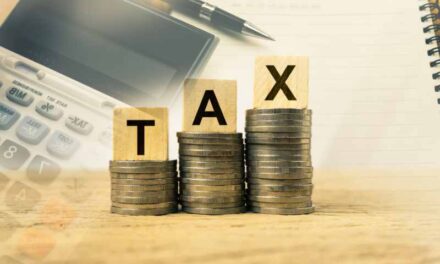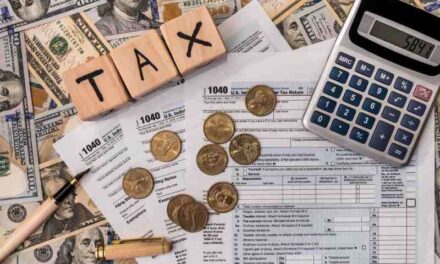The government would be unable to function in its present shape without the infusion of much-needed funds from taxes and a variety of other expenses. Tax money and fees are used to support important services that would otherwise be unable to be supplied.
In spite of the fact that there is a strong argument to be made for cutting government expenditure, cutting taxes also means cutting important resources for government services. It remains to be seen which taxes should be lowered and which services should be curtailed or removed, and who will profit and who will suffer as a result of these decisions.
But, after that, how long can you expect to be on poorly maintained motorways and highways? What if there was no TSA, no public schools, no libraries, no museums, no parks, no military, no police, and no firefighters? There is no monitoring of food goods or pharmaceuticals. There are no regulatory procedures in place for air travel, rail travel, truck travel, taxi travel, or bus transport.
There will be no distribution of social security, Medicare, or Medicaid benefits. For physicians, nurses, and attorneys, there is no certification procedure. There will be no more Supreme Court, and there will be no legal system of any type. There are no bank rules or supervision. The list could go on and on.
In that sense, it is possible since there are a few nations that have either extremely low taxes or none at all. In most cases, though, you will need a substantial source of sovereign wealth. The majority of somewhat successful instances are located in countries that are very wealthy in oil, such as the Middle East.
One such country is Saudi Arabia. These territories contain a significant quantity of natural resources, and the government sells licenses to private businesses for the purpose of extracting these riches from the ground.
Is it possible for a government to generate income other than those derived through some type of collection from someone or something? There is no way around it; money has to come from some place.
Currently, it has the ability to borrow money or impose extremely high taxes on a small minority of people or on foreigners (through tariffs, for example), or it can invade other countries and take all of the looted homes with it (as the Romans did a great deal of, for example), but in every case, the money originated with someone else.
Although there has never been an entirely voluntary money collection from a significant sized government in the past, there is no reason why government services, such as police protection and contract guarantees could not be made contingent on payment of a fee that covers the costs of providing those services in the future.
Technically, it would not be considered a coercive tax because there would be no fines, prison time, or other repercussions for failing to pay, but almost everyone would pay it due to the extreme negative consequences of failing to do so.
What often occurs is a dispute about who is responsible for the tax and the amount in question. However, despite the fact that small island tax haven states do not pay income taxes, they attract large quantities of money, some of which ‘rubs off on the island, frequently in large sums.
There are also sales taxes to consider. Some nations have high sales taxes but minimal or no income taxes, whilst others have both. Others have it the other way around. If you fall into the group that is not taxed (at the expense of another class), you will be able to make use of all of the advantages of that country without having to bear any of the expenditures.
It is possible that the country will have a large number of natural resources, and that the sale and use of these resources will provide everything necessary to support the government and its responsibilities, which include the provision of educational opportunities as well as roads, sanitation, and security.
In a real democracy, authority is held by and for the population, rather than by representatives of the people. It also implies that everything is distributed in an equitable manner.





